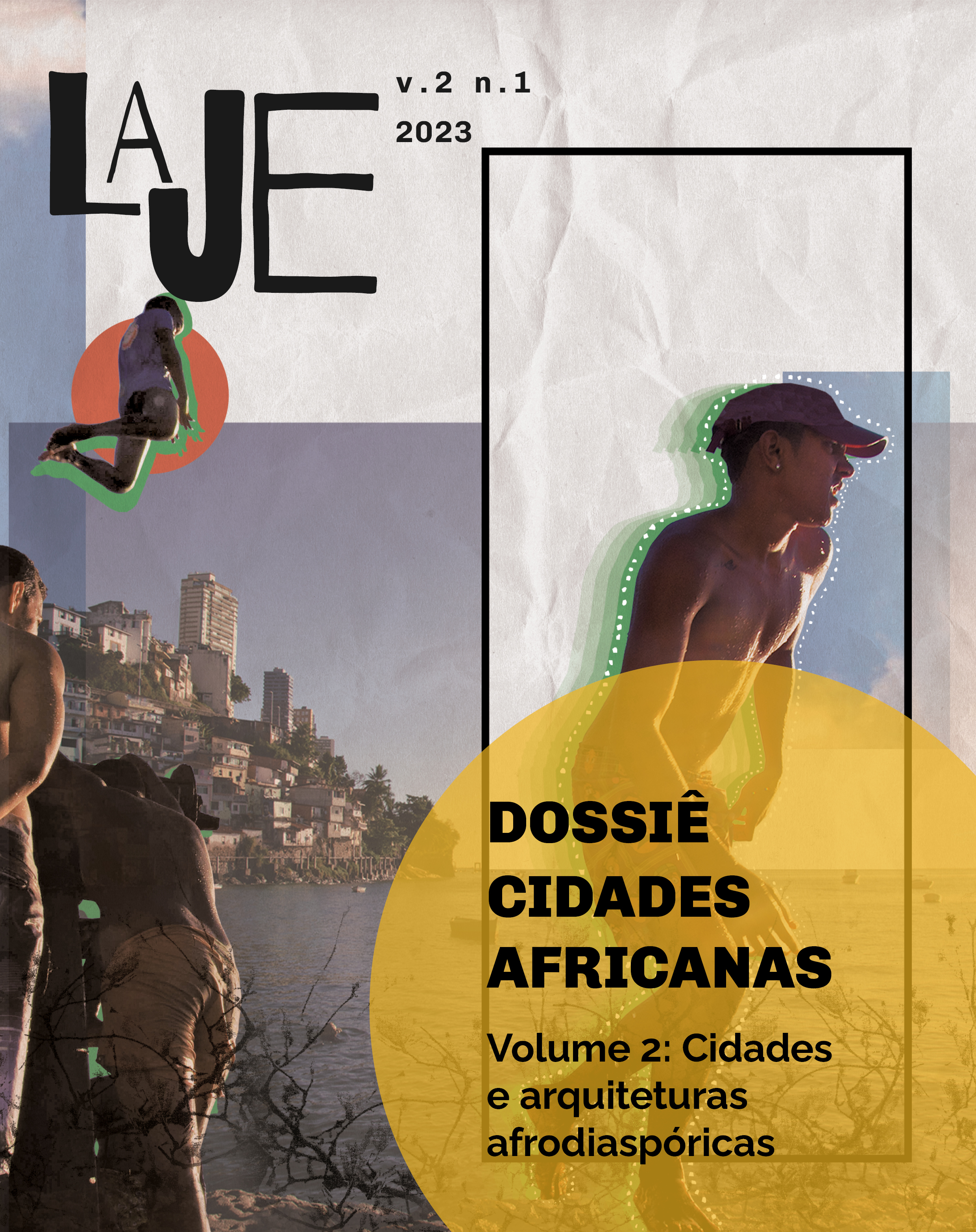New roots
Jamaican ontologies of blackness, from Africa to the ghetto
DOI:
https://doi.org/10.9771/lj.v2i0.55960Keywords:
Jamaica, contemporary art, dancehall, ontologies of race, spatial imaginaryAbstract
This article explores contemporary ontologies of blackness in the Caribbean island of Jamaica. Approaching blackness as an ontological issue – an issue that pertains to the being, or the existence, of a category of people – we emphasize the spatial dimension of such ontologies. Drawing on Jamaican contemporary art and popular music, we propose that the site of blackness, as it is imagined in Jamaica, has shifted from Africa towards ‘the ghetto.’ Tracing changing Jamaican perspectives on race and nation, the article discusses how self-definitions of ‘being black’ and ‘being Jamaican’ involve the negotiation of historical consciousness and transnational connectivity. During much of the twentieth century, various Jamaican social and political movements looked primarily to the African continent as a referent for blackness. In the twenty-first century, the urban space of the ghetto has become more central in Jamaican social commentary and critique. By tracing the historical shifts of the spatial imaginary onto which racial belonging and authenticity are projected, we seek to foreground the mutability of the relation between blackness and Africanness.


